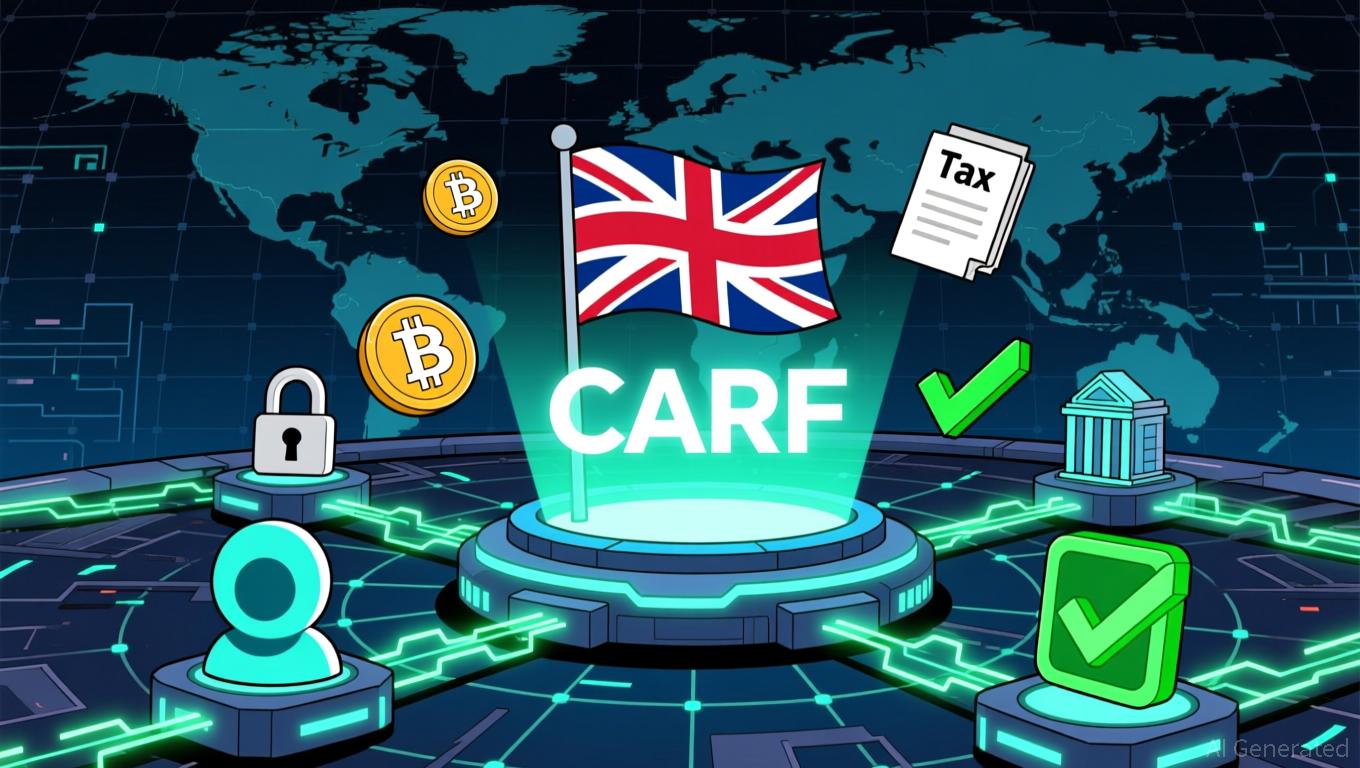- India is using blockchain to advance the digital rupee (e₹) and tokenized rupees for faster payments.
- The rise of INR stablecoins enables quicker cross-border trade, backed by regulated banks and government securities.
- Blockchain solutions, like Polygon, are positioned to enhance both domestic and international financial settlements.
India is rapidly integrating blockchain technology into its financial system to advance the digital rupee (e₹) and tokenized rupees. This shift marks a significant step in transforming India’s payment infrastructure. With a growing interest in regulated INR stablecoins, the country is setting the stage for faster and more efficient cross-border trade.
Building on Digital Payment Success
Over the past decade, India has built one of the world’s most robust digital payment systems. The Unified Payments Interface (UPI) revolutionized money transfers, making them an everyday activity. During the month of October alone, India saw the processing of more than 20 billion transactions, which is an indicator of the use of digital payments on a large scale.
The UPI, in conjunction with ONDC, has become the main driving force behind the realization of India’s vision of open commerce, promoting the creation of new public digital infrastructure. Now, India is exploring ways to enhance this existing payment structure with blockchain. Policymakers aim to add a programmable layer to the nation’s financial system, integrating blockchain networks with digital payment platforms.
The e₹, already facilitating instant transfers across banks, retailers, and individuals, is at the forefront of this move. Several banks, including ICICI and HDFC, are currently piloting on-chain credit flows. These pilots are designed to eliminate settlement lags, offering a glimpse into a future where settlements are faster and more efficient.
Tokenized Rupees and INR Stablecoins for Cross-Border Trade
The rise of tokenized rupees plays a crucial role in bridging traditional finance with blockchain markets. Tokenized rupees, like stablecoins, offer the stability of central-bank backing. This structure enables businesses to settle transactions, such as payroll and supplier payments, in a digital environment. Importantly, regulated banks are authorized to issue and redeem these tokens on public blockchains, maintaining regulatory oversight.
INR stablecoins, on the other hand, are positioned to drive cross-border trade. They can enable seamless and rapid transactions for exporters and businesses involved in global trade. Some Indian companies are already exploring INR stablecoins backed by government securities. This provides a secure and regulated way to facilitate on-chain settlements, complementing the growing e₹ ecosystem.
Blockchain technology is getting ready to take a major part in the digital economy of India as it develops. The payment speed and settlement efficiency will be improved with the help of blockchain solutions like the one from Polygon , and thus, both international and domestic financial flows will be backed. These developments are a strong indication of India’s determination to make use of blockchain in its digital payment infrastructure, which is developing, and, consequently, the hope of a future where financial transactions are quick, safe, and efficient.




